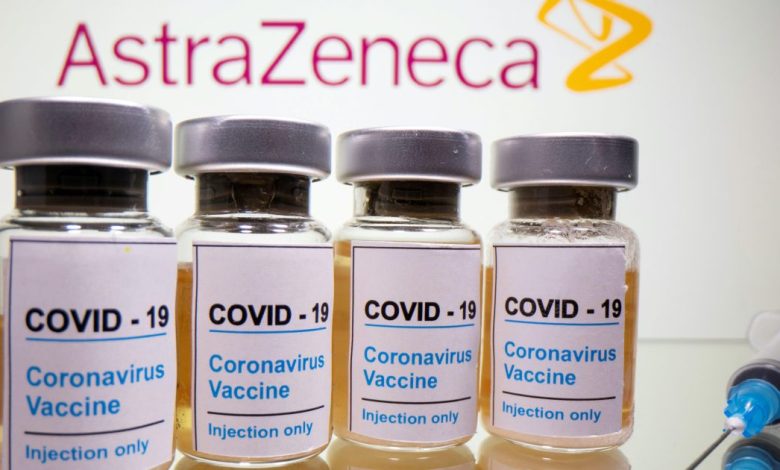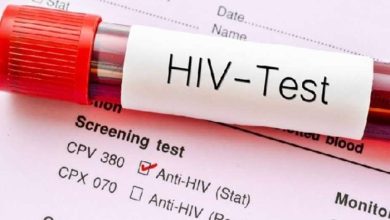COVID-19 ROBBERY SUSPECTS MUST FACE FULL RIGOURS OF THE LAW

First, it was a case about a nurse in Detroit, Michigan, and then a doctor in Texas both stealing COVID-19 vaccines.
Significantly, both suspects were both educated enough to know the implications of their actions as health workers very familiar with the trauma COVID-19 victims go through.
Ghana
We are told that three persons have been arrested by National Security officials for their alleged involvement in the act. They are 37-year-old Disease Control Officer of the Greater Accra Regional Hospital, Stephen Dzisenu; 42-year-old Occupational Health and Safety Officer, Cosmos Allotey and a Project Assistant and a former Laboratory Technician at the Greater Accra Regional Hospital, Joseph Knight Gaisie.
A fourth suspect, a Disease Control Officer at the La Bawalashie Polyclinic, Lord Pabitey is reportedly at large and the security officers are on a manhunt for him.
The Ghana Health Service (GHS) has also initiated an inquiry into the alleged stealing and selling of COVID-19 vaccines in Ghana at GH¢ 200 per jab.
Precisely because of our weak monitoring and auditing systems in this part of the world, medical supplies leaking from government medical supplies depots has been a familiar story even during military regimes.
Their destinations evidently have been the pharmaceutical shops or private medical facilities. From psychiatric drugs through theatre-only medications
to anti-snake serums, these drugs majority of which are directly imported into the country for the teaching hospitals, are found on the open market, most of which do not have the required preservation facilities to warehouse such stuff.
Motivation
Why people would there risk stealing COVID-19 vaccines when the dispensing authority is government and its agencies is a mystery that we have to resolve.
As we had been told, the procurement was by the government, and the programme to vaccinate was also the responsibility of nurses and doctors in the public health sector. We never heard about the government even inviting the private sector to be part of the procurement or vaccination programme.
That means that COVID-19 all over the world is public health issues, not an informal economy business that involves the connections that we tend to find in the public sector on a daily basis – even within the military and the police services where petrol is siphoned from vehicles and sold in jerry cans to private citizens.
So we ask how people could find the motivation to steal the vaccine unless they are assured of buyers or a market somewhere within the system.
Investigate and punish
It is in that vein that we agree with the Head of Psychology at the University of Ghana, Professor Joseph Osafo, who says the culprits caught in the theft and sale of COVID-19 vaccines should be punished according to the laws of Ghana.
According to Prof. these persons’ acts could erode public confidence in the COVID-19 vaccine programme by the government, hence compounding the current situation facing the country.
He called for the culprits to face the full rigors of the law.
And we share the concerns raised about risks in applying the vaccine; efficiency in monitoring programmes and dispensing officers; taking data as well as interventions in event of official operations like reactions to the vaccine.
Of course, we are not told how many vaccines are out of the system and therefore how many Ghanaians may have lost the opportunity to take a jab in protecting themselves.
That simply means putting the lives of those Ghanaians in jeopardy for the sake of personal comfort and greed. Since only armed robbers do that, we would add our voice to that of the Prof and suggest that the investigations go the full hog and culprits handed the full sentence if they are found guilty by the laws of the land.
** The Thunder Gh News | News In Flash! here
Follow us on Twitter: @TheThunderGh
#TheThunderGhNews










